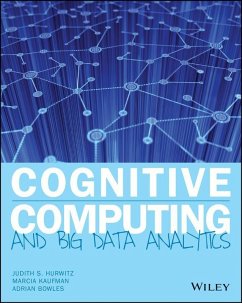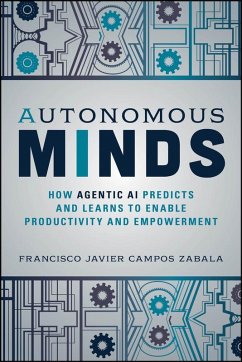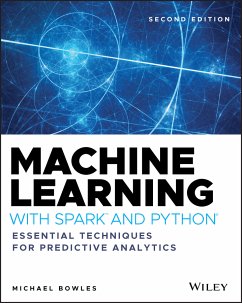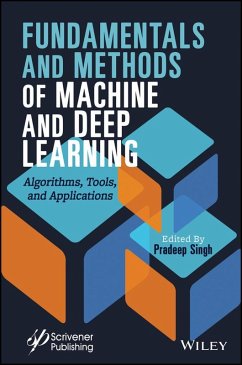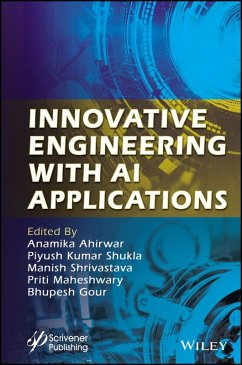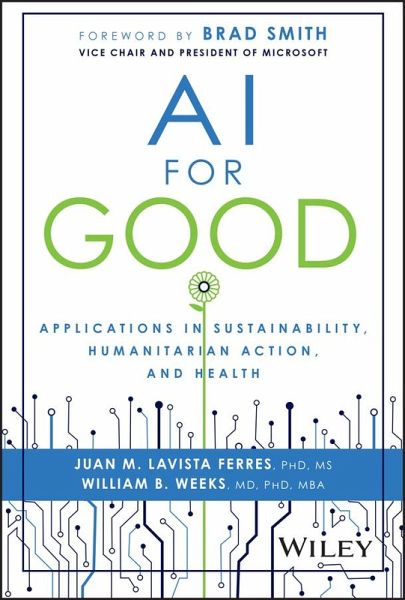
AI for Good (eBook, PDF)
Applications in Sustainability, Humanitarian Action, and Health

PAYBACK Punkte
0 °P sammeln!
FOREWORD BY BRAD SMITH, VICE CHAIR AND PRESIDENT OF MICROSOFT Discover how AI leaders and researchers are using AI to transform the world for the betterIn AI for Good: Applications in Sustainability, Humanitarian Action, and Health, a team of veteran Microsoft AI researchers delivers an insightful and fascinating discussion of how one of the world's most recognizable software companies is tackling intractable social problems with the power of artificial intelligence (AI). In the book, you'll see real in-the-field examples of researchers using AI with replicable methods and reusable AI code to ...
FOREWORD BY BRAD SMITH, VICE CHAIR AND PRESIDENT OF MICROSOFT Discover how AI leaders and researchers are using AI to transform the world for the better
In AI for Good: Applications in Sustainability, Humanitarian Action, and Health, a team of veteran Microsoft AI researchers delivers an insightful and fascinating discussion of how one of the world's most recognizable software companies is tackling intractable social problems with the power of artificial intelligence (AI). In the book, you'll see real in-the-field examples of researchers using AI with replicable methods and reusable AI code to inspire your own uses.
The authors also provide:
An essential guide to impactful social change with artificial intelligence, AI for Good is a must-read resource for technical and non-technical professionals interested in AI's social potential, as well as policymakers, regulators, NGO professionals, and non-profit volunteers.
In AI for Good: Applications in Sustainability, Humanitarian Action, and Health, a team of veteran Microsoft AI researchers delivers an insightful and fascinating discussion of how one of the world's most recognizable software companies is tackling intractable social problems with the power of artificial intelligence (AI). In the book, you'll see real in-the-field examples of researchers using AI with replicable methods and reusable AI code to inspire your own uses.
The authors also provide:
- Easy-to-follow, non-technical explanations of what AI is and how it works
- Examples of the use of AI for scientists working on mitigating climate change, showing how AI can better analyze data without human bias, remedy pattern recognition deficits, and make use of satellite and other data on a scale never seen before so policy makers can make informed decisions
- Real applications of AI in humanitarian action, whether in speeding disaster relief with more accurate data for first responders or in helping address populations that have experienced adversity with examples of how analytics is being used to promote inclusivity
- A deep focus on AI in healthcare where it is improving provider productivity and patient experience, reducing per-capita healthcare costs, and increasing care access, equity, and outcomes
- Discussions of the future of AI in the realm of social benefit organizations and efforts
An essential guide to impactful social change with artificial intelligence, AI for Good is a must-read resource for technical and non-technical professionals interested in AI's social potential, as well as policymakers, regulators, NGO professionals, and non-profit volunteers.
Dieser Download kann aus rechtlichen Gründen nur mit Rechnungsadresse in D ausgeliefert werden.





